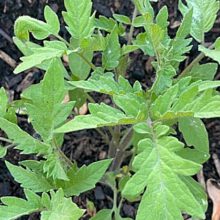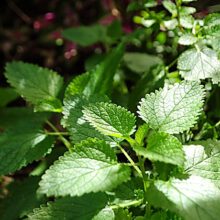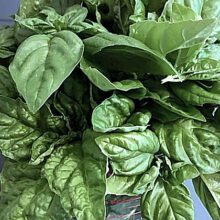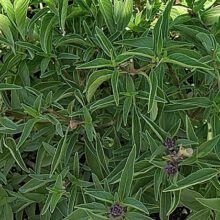Fertilizer For Basil – What Is the Best For Growing Basil?
What is the best fertilizer for basil? You can use both organic and inorganic fertilizers for your basil. Fertilizing basil is easy and it doesn’t take much time to do. What you need to do first is to know what kind of basil you are growing because different kinds of basil have different requirements when it comes to fertilizing.
Best Fertilizer For Basil Reviews It is especially formulated for basil that you could easily apply to all types of outdoor and indoor basil including Sweet basil, Holy Basil, Thai basil, Cinnamon basil, Opal basil, Lemon basil, and other types of basil. What you should be looking for in a fertilizer are the nutrients it contains. This means that nutrients must include nitrogen, phosphorous, potash, and calcium. Potash and phosphorus are plant nutrients that are commonly found in fertilizers. The best fertilizer for basil that you could use is one that is made specifically for basil.
What to Do After Applying Fertilizer For Basil Gardening basil plants need their own fertilizer after every watering since they require more water as they grow. If you are growing your basil from seed then you would only need to start them with high-quality soil and compost before planting them in the garden. Before planting seeds, you will also need to make sure that your basil plant has good drainage. Do not over water your basil plants because they may suffer from this condition. If they do, your basil leaves may turn black.
If you are growing your basil from seed, use one tablespoon of phosphate-free potash and two cups of water-soluble phosphate. After making sure that the soil is ready, plant your seeds and water them. As the plant grows, the solids will seep through to the soil and settle there. This is called “soil run-off” and can seriously harm your basil plants if you do not water them. If your soil is sandy and if you live in an area with a lot of rainfall, then you should use a fertilizer that has a greater amount of nitrogen.
So, why do you want to use Miracle Gro? This is a natural organic fertilizer that is made especially for planting basil plants. Miracle Gro is made of all-natural ingredients such as manganese, copper, cobalt, zinc, iron, selenium, potassium, sodium, zinc, sulfur, and sodium chlorate. This means that it is safe for your plants to eat and is better for the environment. In addition to using Miracle Gro to ensure that your plants get all the nutrients they need, you can also make your own fertilizer mix with these ingredients and store it in an airtight container.
When you are ready to start growing your basil plants, you should be sure to follow the instructions on the package. This will help you avoid fertilizers that will not work or could be harmful to your plant. In addition to Miracle Gro, you should also use a compost-based fertilizer that contains copper, potassium, cobalt, iron, or manganese. This fertilizer will help the roots of your basil to grow strong. However, you should sprinkle the fertilizer a little before you begin planting so that the roots can absorb the nutrient in small doses.
Before you begin growing your basil plant, you should have a properly prepared soil and watering system. Make sure that the soil is well-drained, but not too wet. After you have planted your basil plant, you should give them about four to six hours of light and keep them in a well-lit area. They will need to be watered only a couple of times during the week because they will go into dormancy. During this time, you can prune the plants or clip the foliage to keep them from growing wild.
For your plants to grow healthy and strong, fertilizing them with a fertilizer that contains a nitrogen source, such as a granular product, will work best. The best way to find a fertilizer that contains a nitrogen source is to look at the product’s list of ingredients. The best fertilizer for basil to use is one that contains copper, manganese, or zinc. If you cannot find a fertilizer with these ingredients, you can substitute them with bulk seaweed fertilizer that contains nitrates. However, be sure to keep the fertilizer away from your plants as it can be toxic to them.



